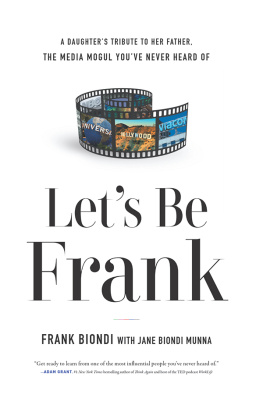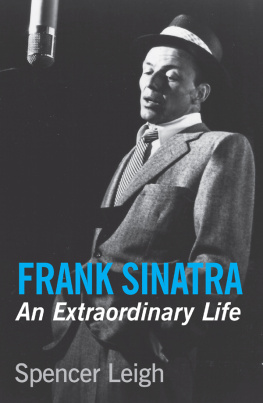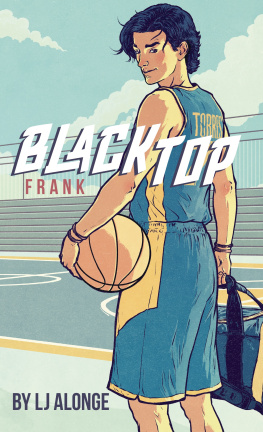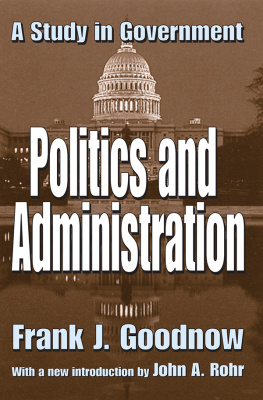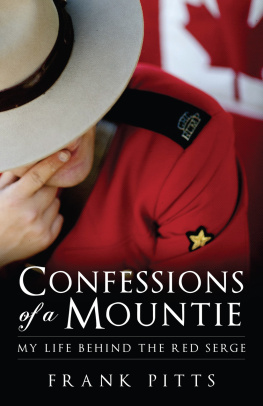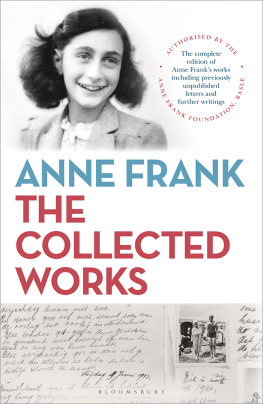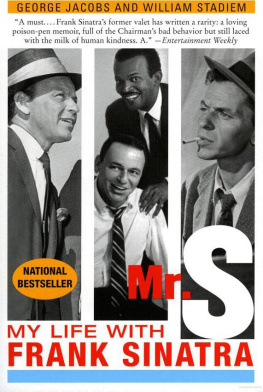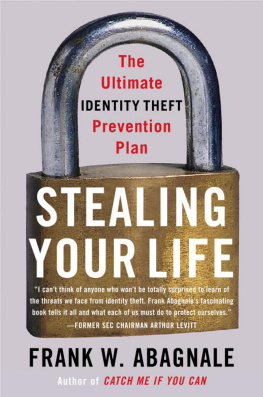Barney Frank - Frank: A Life in Politics from the Great Society to Same-Sex Marriage
Here you can read online Barney Frank - Frank: A Life in Politics from the Great Society to Same-Sex Marriage full text of the book (entire story) in english for free. Download pdf and epub, get meaning, cover and reviews about this ebook. year: 2015, publisher: Farrar, Straus and Giroux, genre: Politics. Description of the work, (preface) as well as reviews are available. Best literature library LitArk.com created for fans of good reading and offers a wide selection of genres:
Romance novel
Science fiction
Adventure
Detective
Science
History
Home and family
Prose
Art
Politics
Computer
Non-fiction
Religion
Business
Children
Humor
Choose a favorite category and find really read worthwhile books. Enjoy immersion in the world of imagination, feel the emotions of the characters or learn something new for yourself, make an fascinating discovery.

- Book:Frank: A Life in Politics from the Great Society to Same-Sex Marriage
- Author:
- Publisher:Farrar, Straus and Giroux
- Genre:
- Year:2015
- Rating:5 / 5
- Favourites:Add to favourites
- Your mark:
Frank: A Life in Politics from the Great Society to Same-Sex Marriage: summary, description and annotation
We offer to read an annotation, description, summary or preface (depends on what the author of the book "Frank: A Life in Politics from the Great Society to Same-Sex Marriage" wrote himself). If you haven't found the necessary information about the book — write in the comments, we will try to find it.
How did a disheveled, intellectually combative gay Jew with a thick accent become one of the most effective (and funniest) politicians of our time?
Growing up in Bayonne, New Jersey, the fourteen-year-old Barney Frank made two vital discoveries about himself: he was attracted to government, and to men. He resolved to make a career out of the first attraction and to keep the second a secret. Now, sixty years later, his sexual orientation is widely accepted, while his belief in government is embattled.
Frank: A Life in Politics from the Great Society to Same-Sex Marriage is one mans account of the countrys transformation--and the tale of a truly momentous career. Many Americans recall Franks lacerating wit, whether it was directed at the Clinton impeachment (What did the president touch, and when did he touch it?) or the pro-life movement (some people believe life begins at conception and ends at birth). But the contours of his private and public lives are less well-known. For more than four decades, he was at the center of the struggle for personal freedom and economic fairness. From the battle over AIDS funding in the 1980s to the debates over big government during the Clinton years to the 2008 financial crisis, the congressman from Massachusetts played a key role. In 2010, he coauthored the most far-reaching and controversial Wall Street reform bill since the era of the Great Depression, and helped bring about the repeal of Dont Ask, Dont Tell.
In this feisty and often moving memoir, Frank candidly discusses the satisfactions, fears, and grudges that come with elected office. He recalls the emotional toll of living in the closet and how his public crusade against homophobia conflicted with his private accommodation of it. He discusses his painful quarrels with allies; his friendships with public figures, from Tip ONeill to Sonny Bono; and how he found love with his husband, Jim Ready, becoming the first sitting member of Congress to enter a same-sex marriage. He also demonstrates how he used his rhetorical skills to expose his opponents hypocrisies and delusions. Through it all, he expertly analyzes the gifts a successful politician must bring to the job, and how even Congress can be made to work.
Frank is the story of an extraordinary political life, an original argument for how to rebuild trust in government, and a guide to how political change really happens--composed by a master of the art.
Barney Frank: author's other books
Who wrote Frank: A Life in Politics from the Great Society to Same-Sex Marriage? Find out the surname, the name of the author of the book and a list of all author's works by series.

